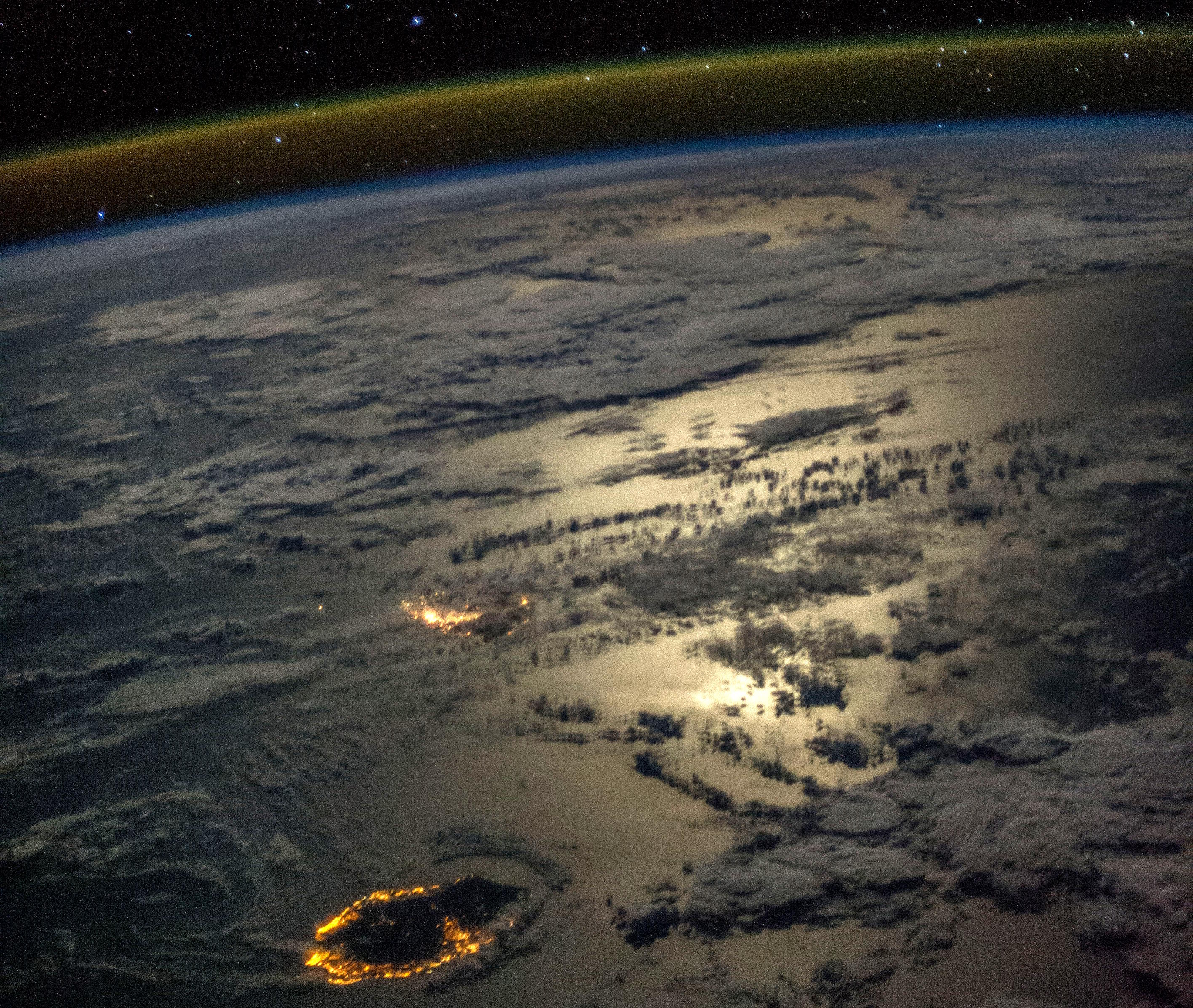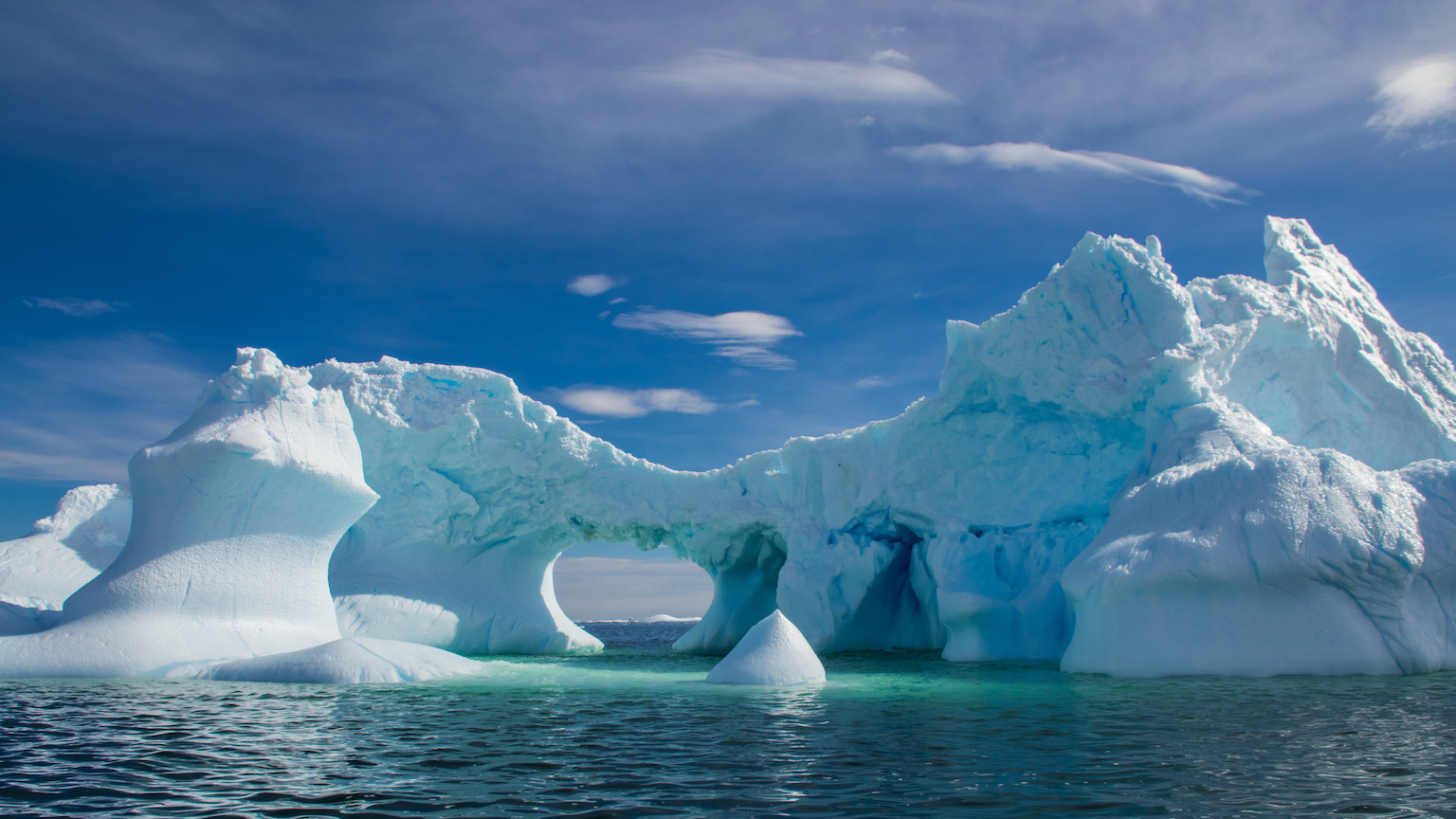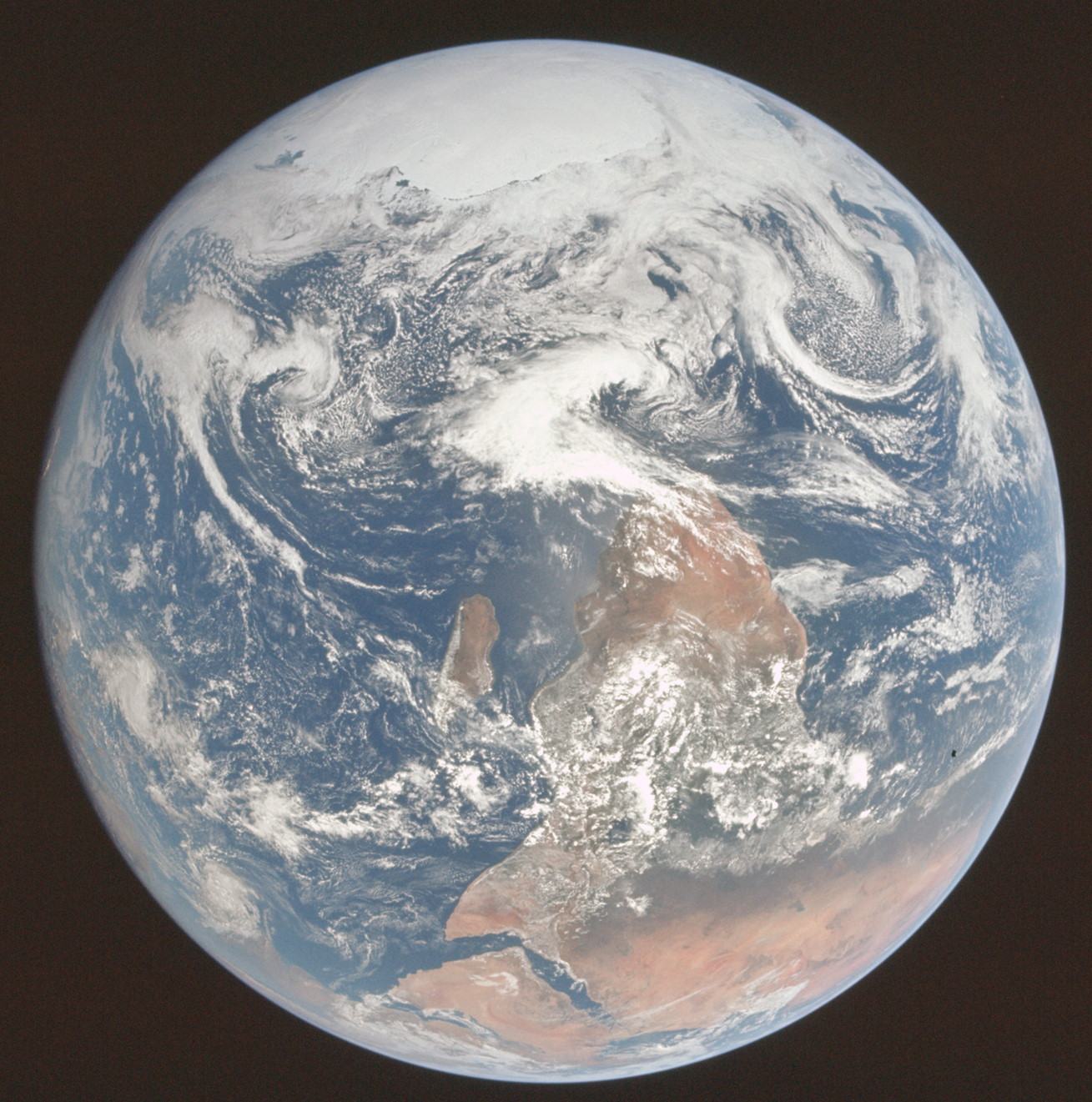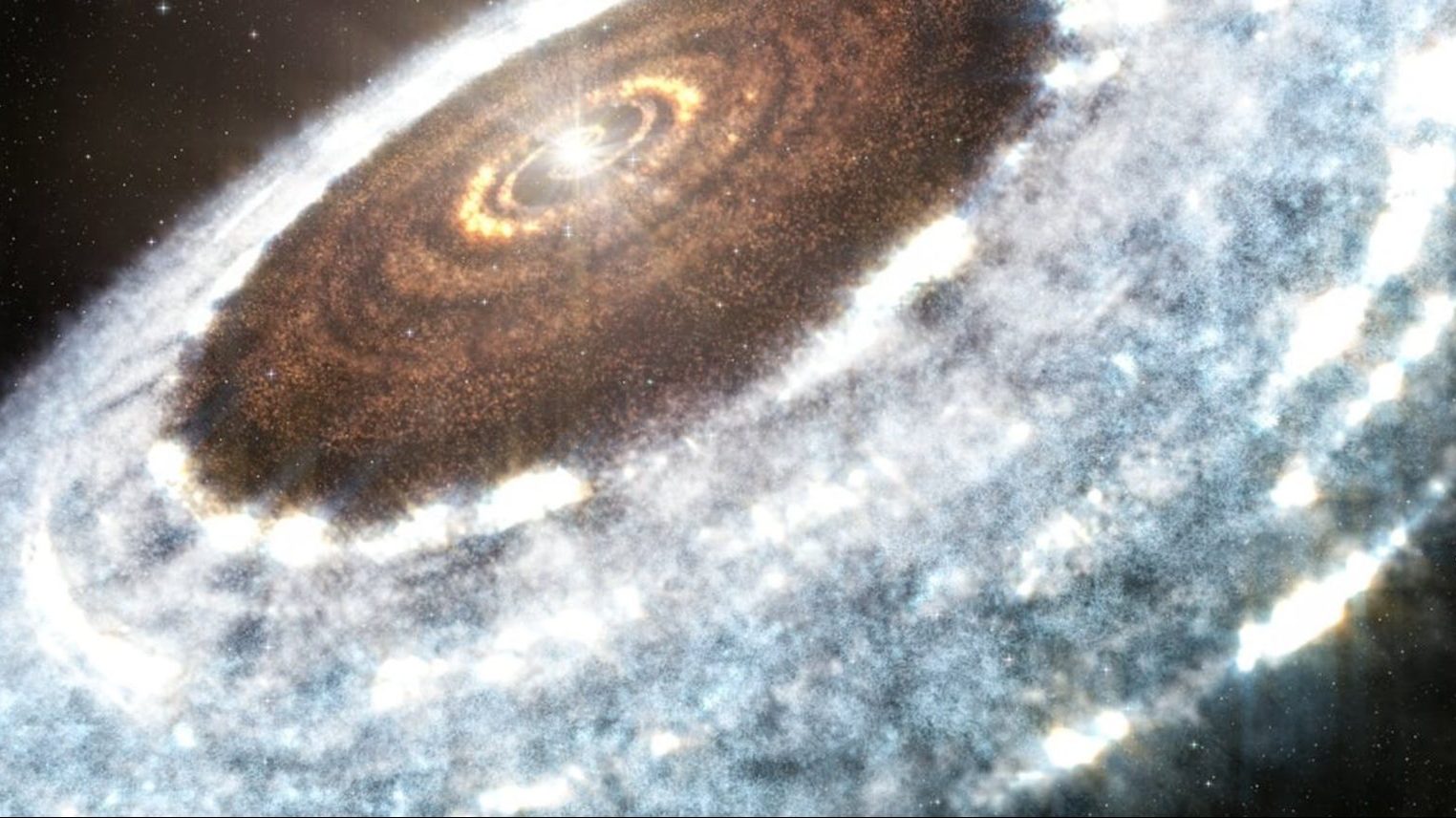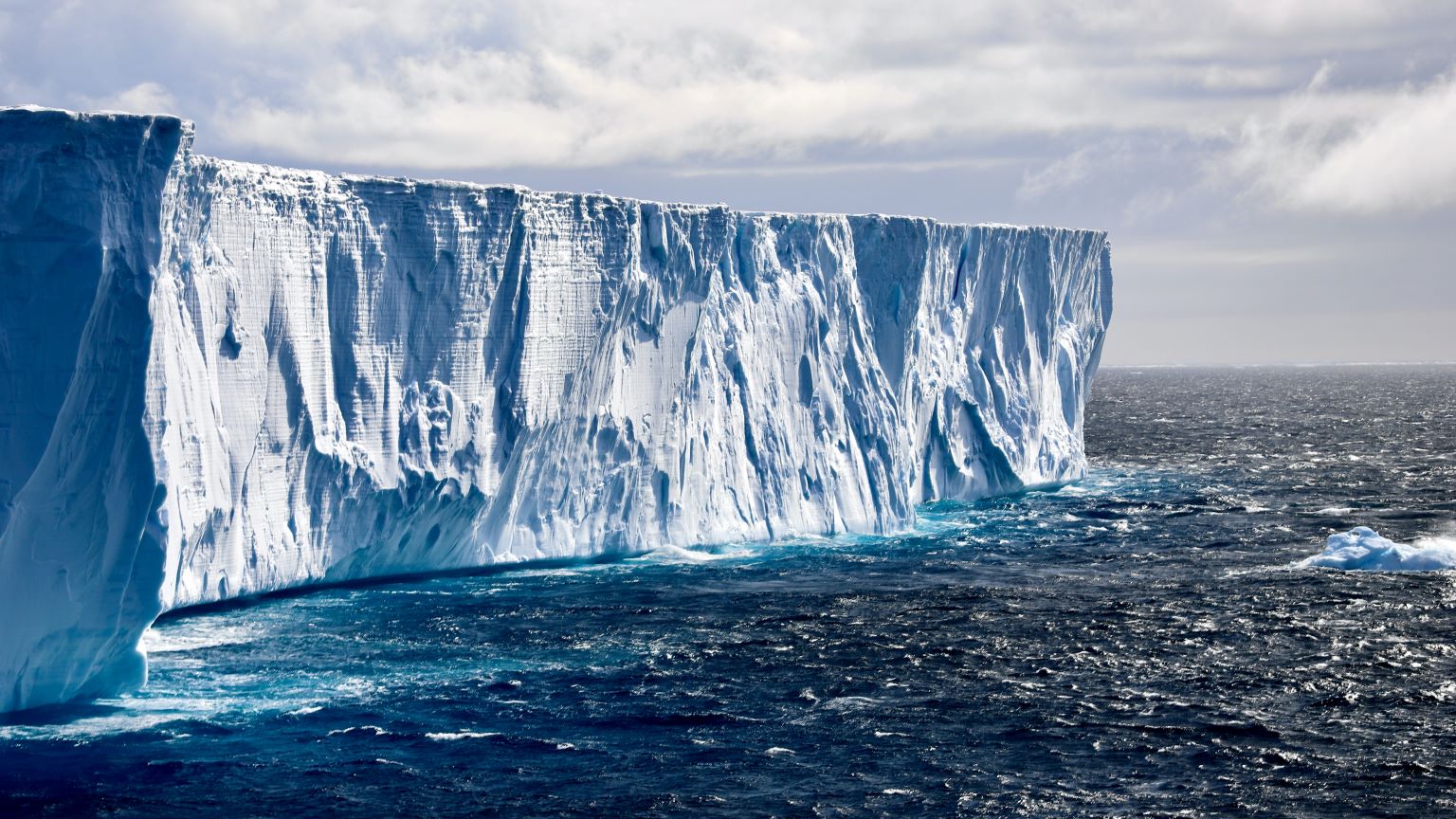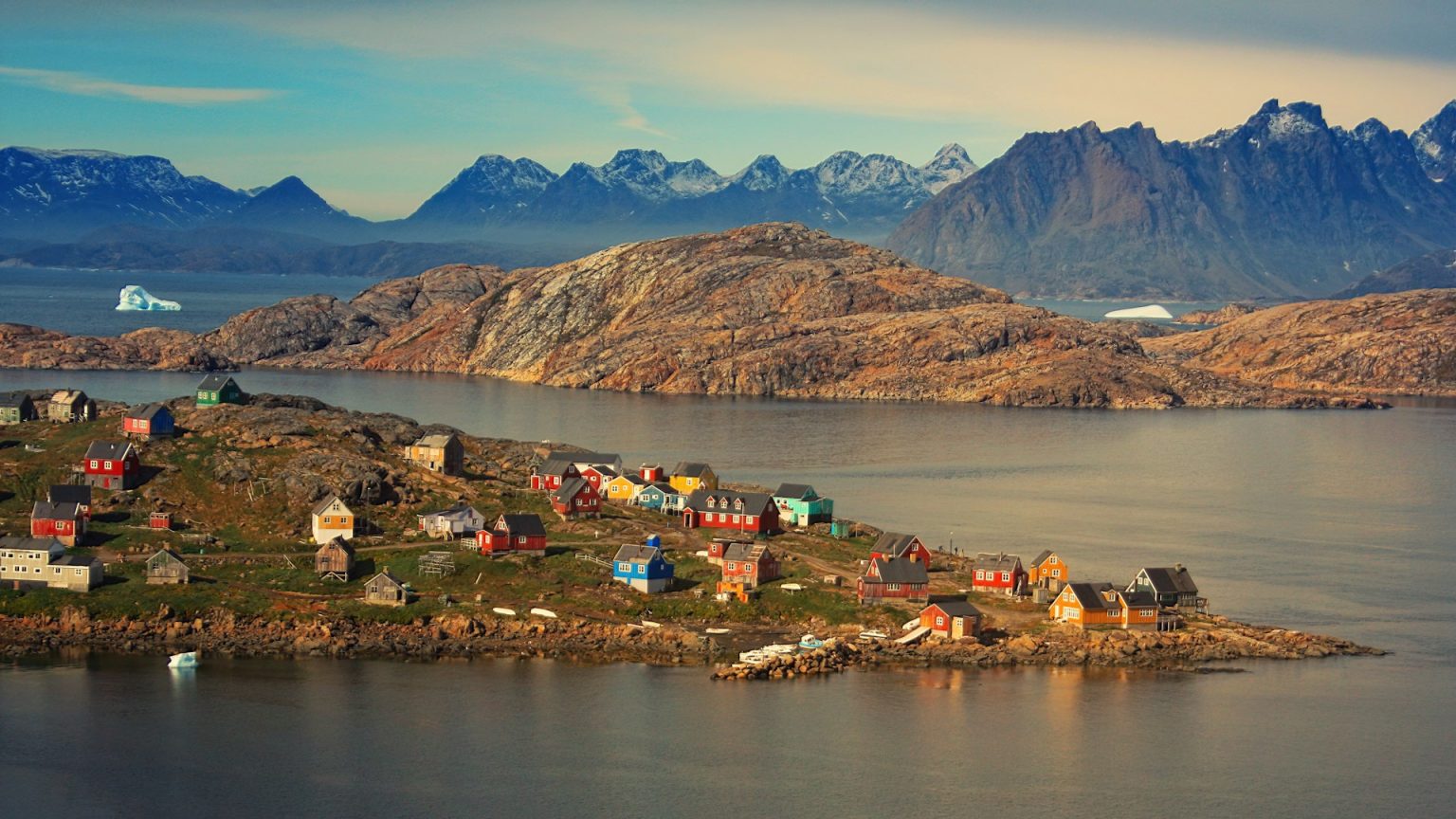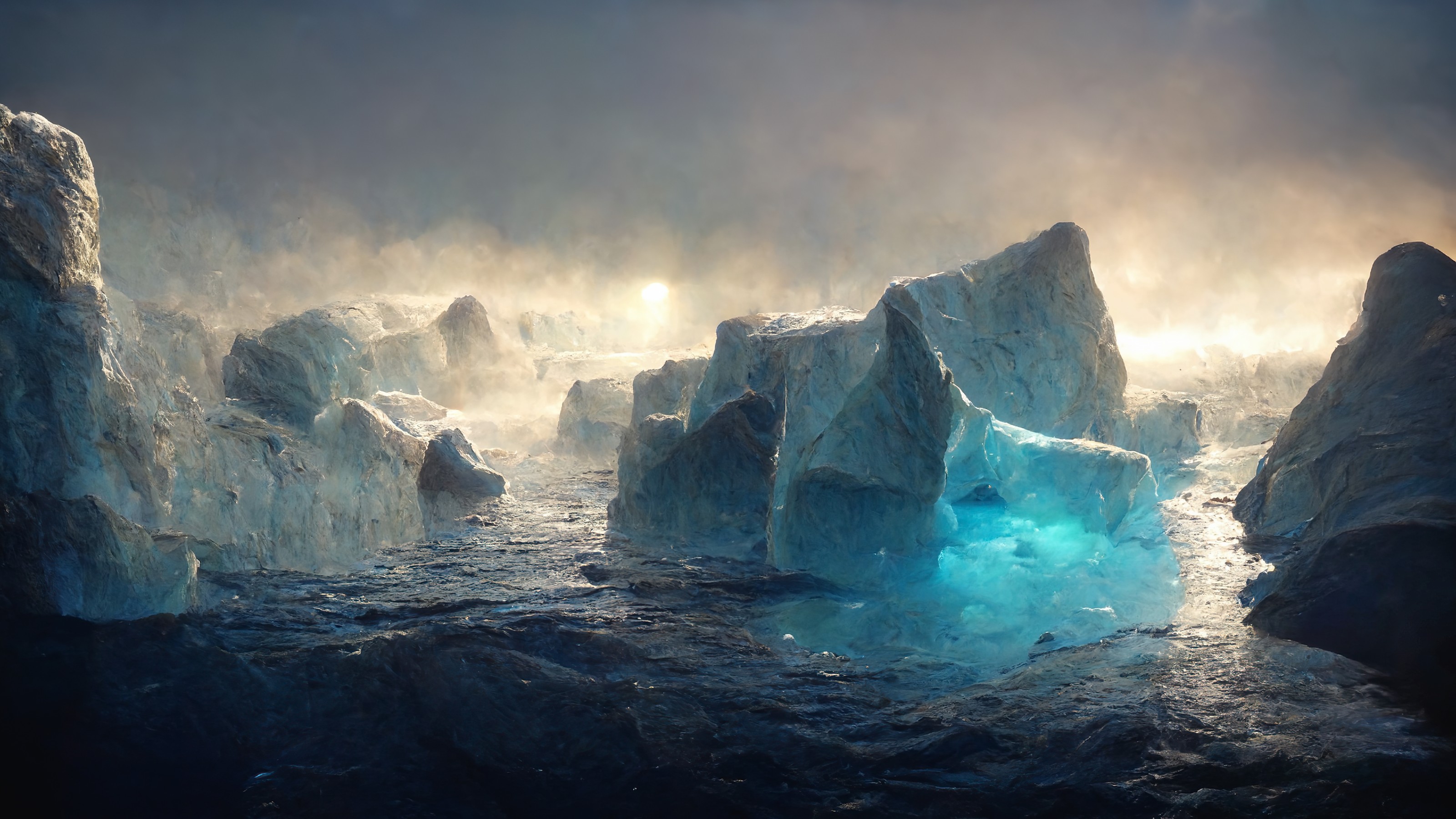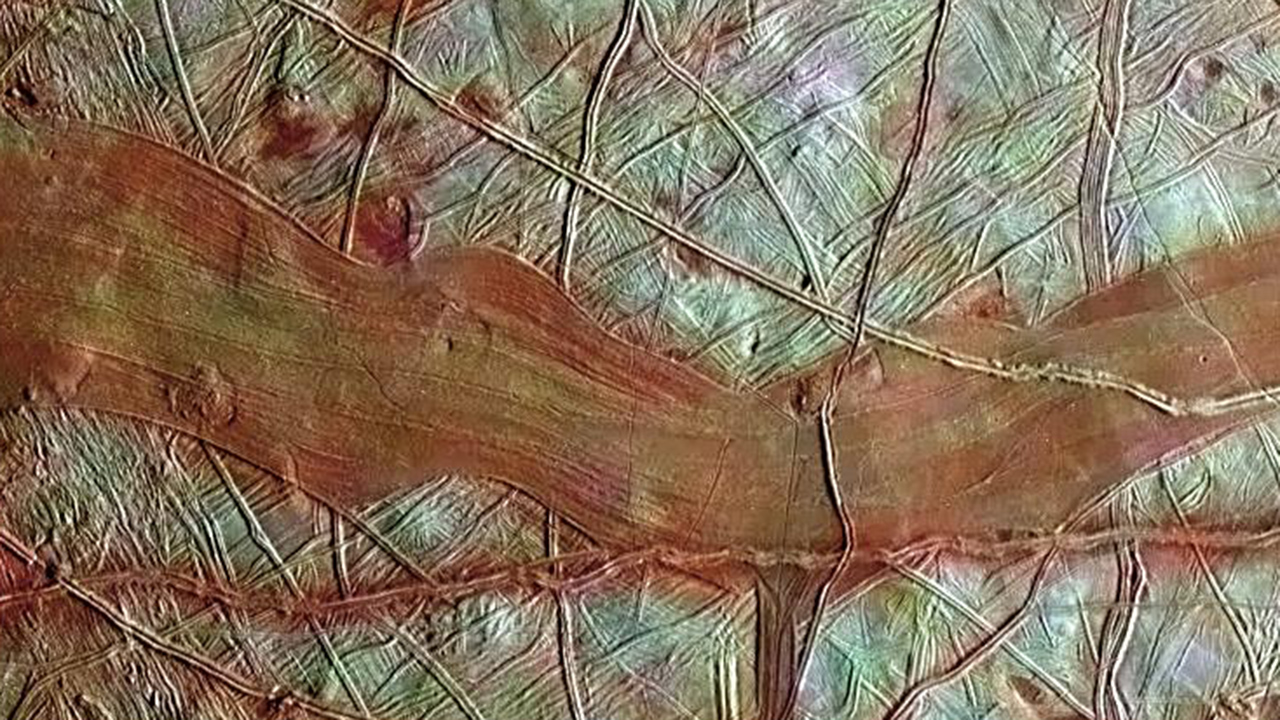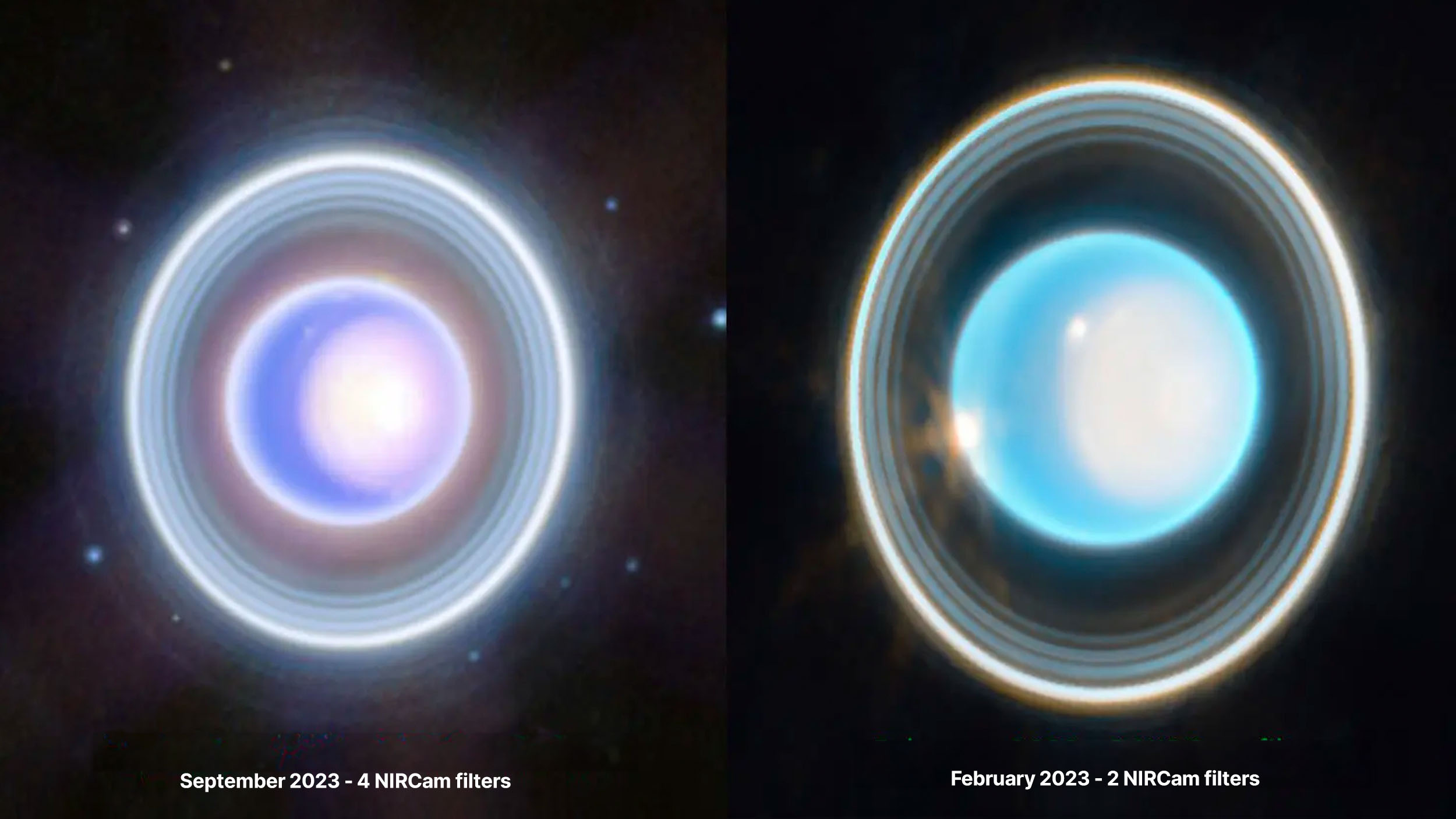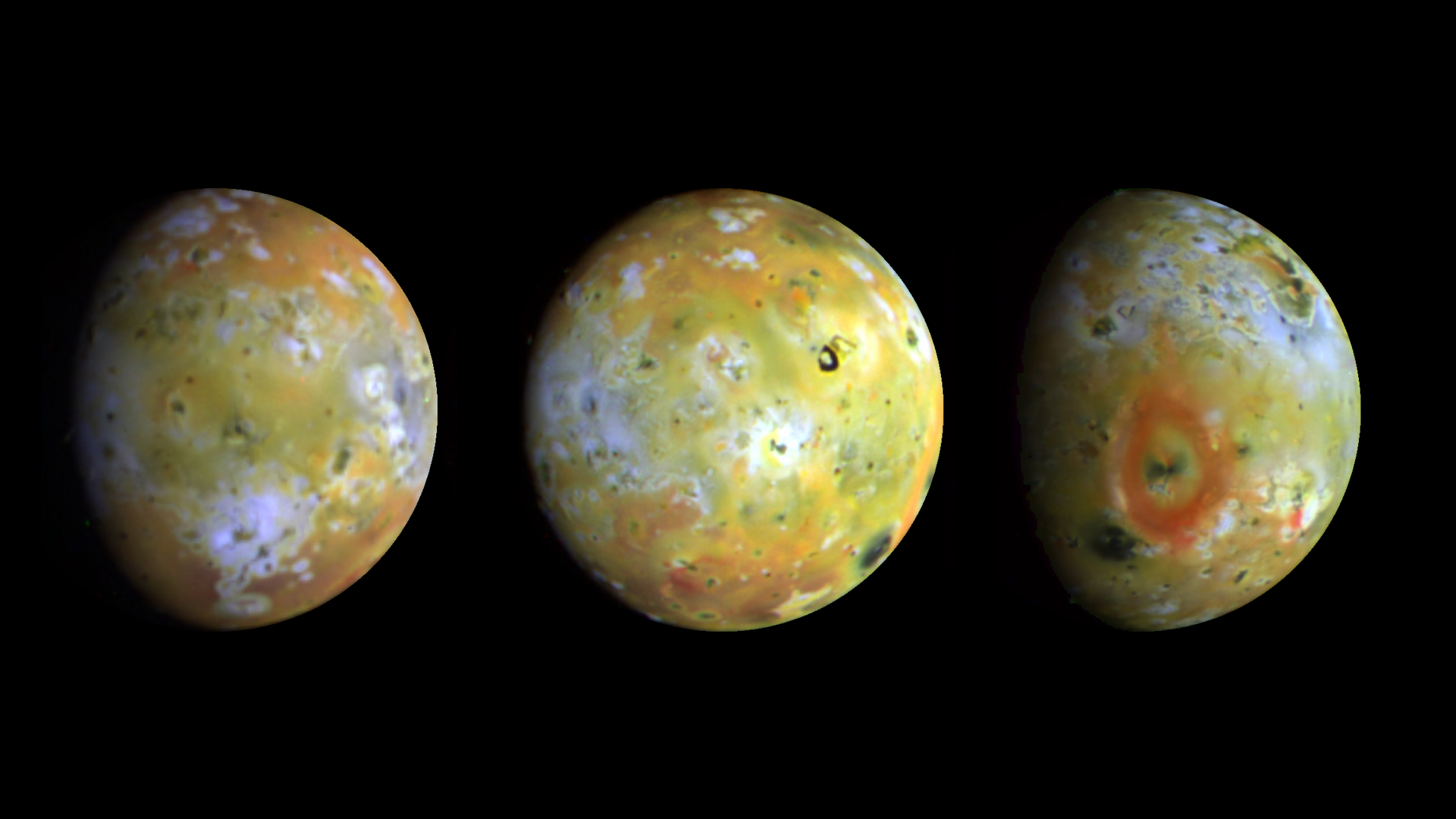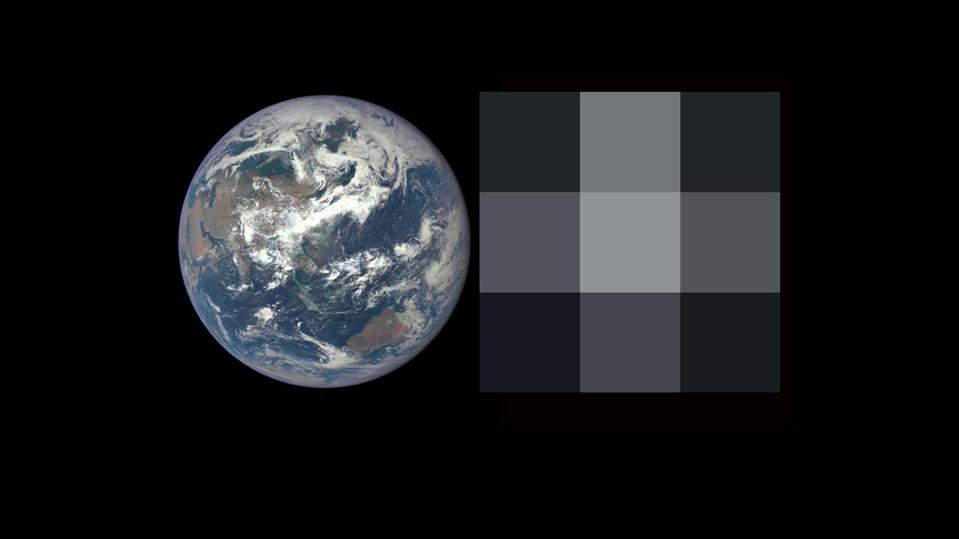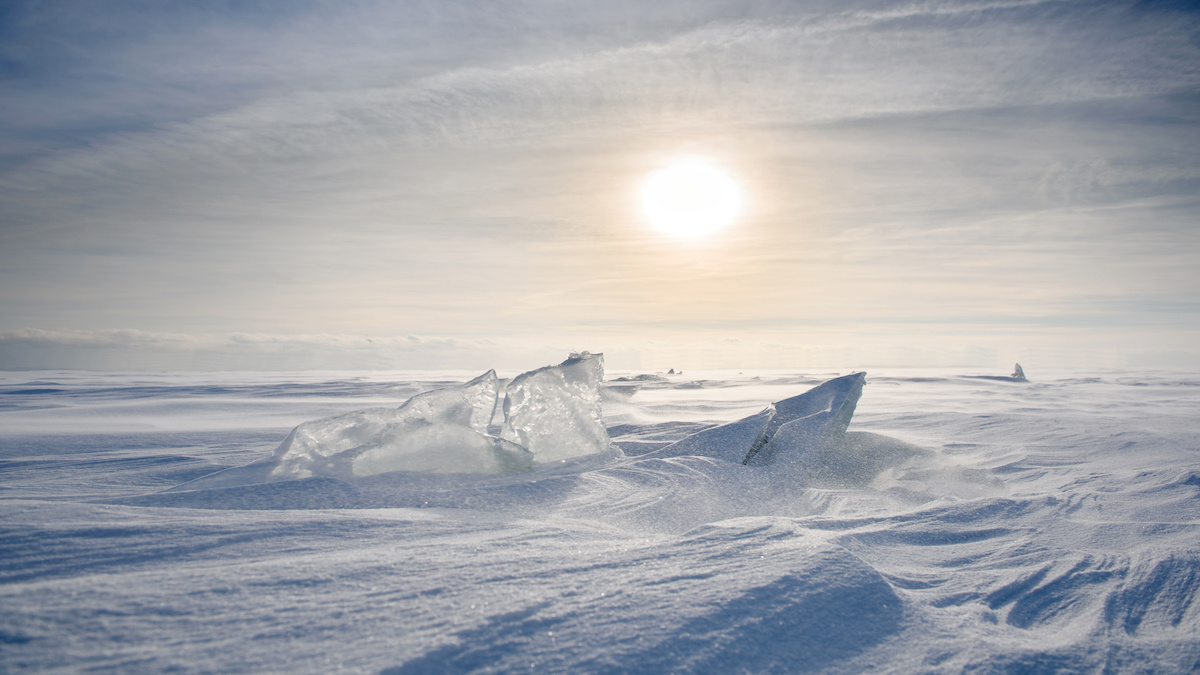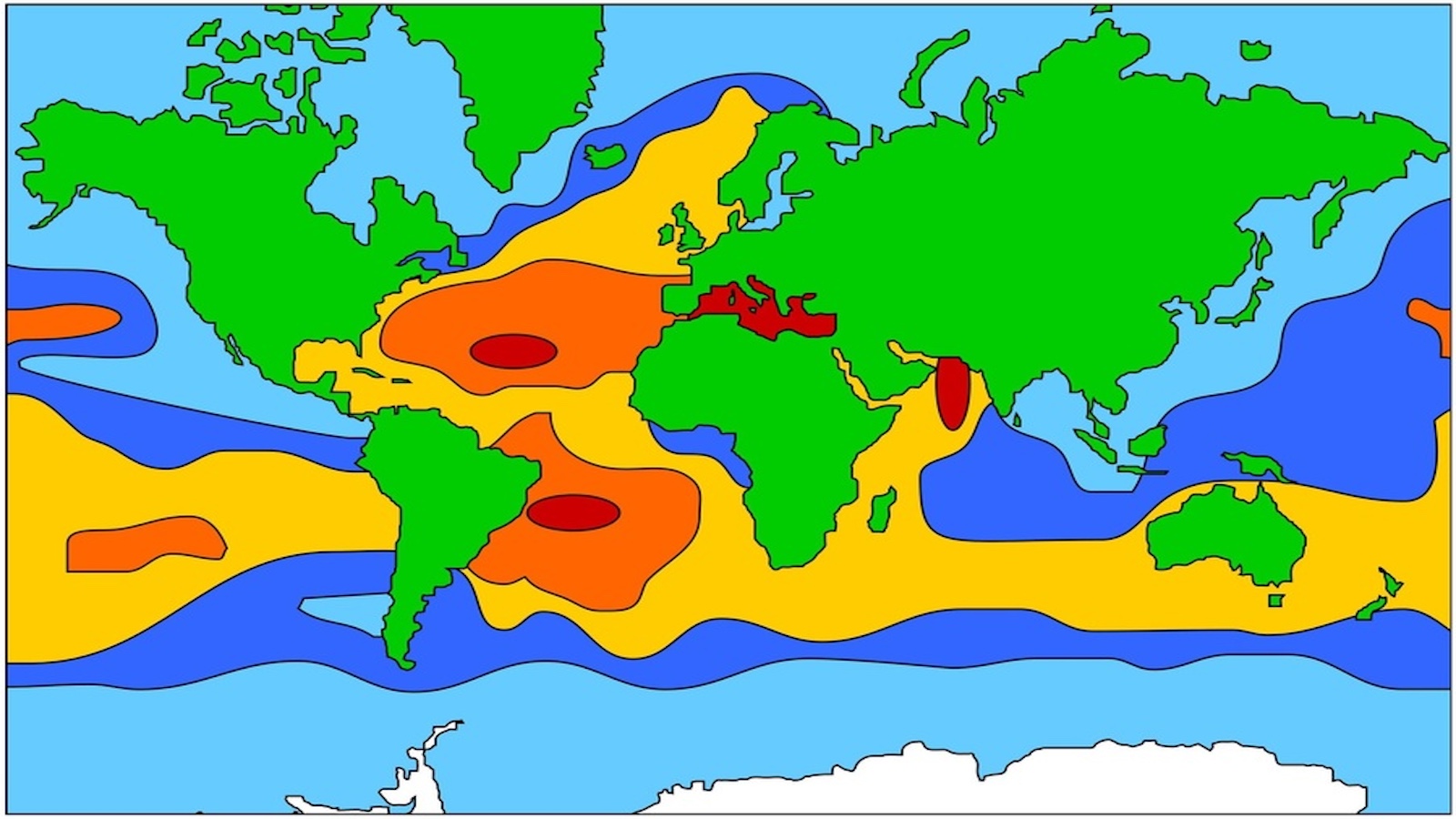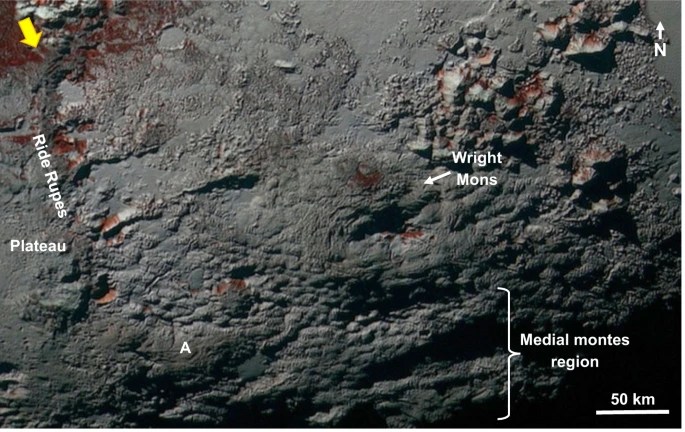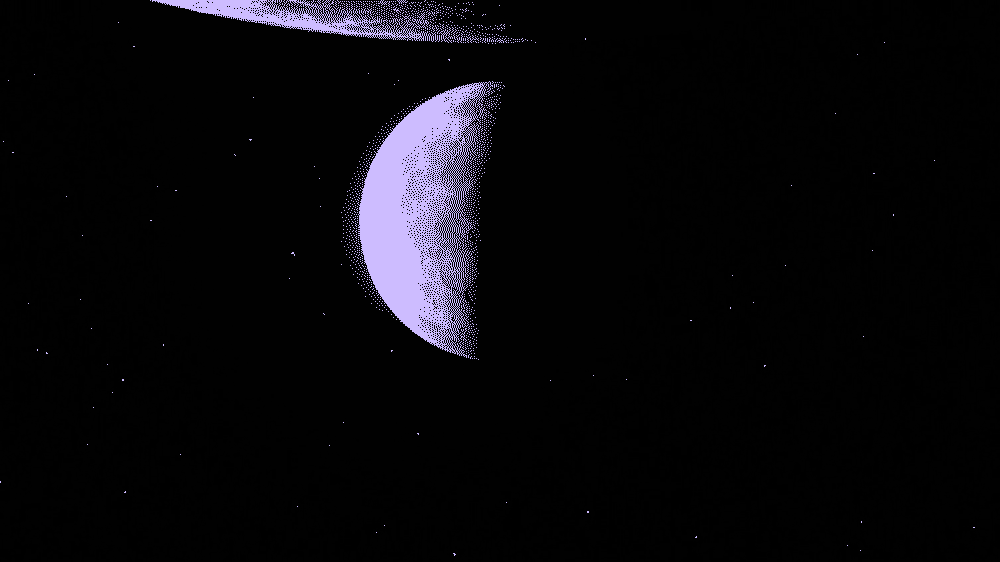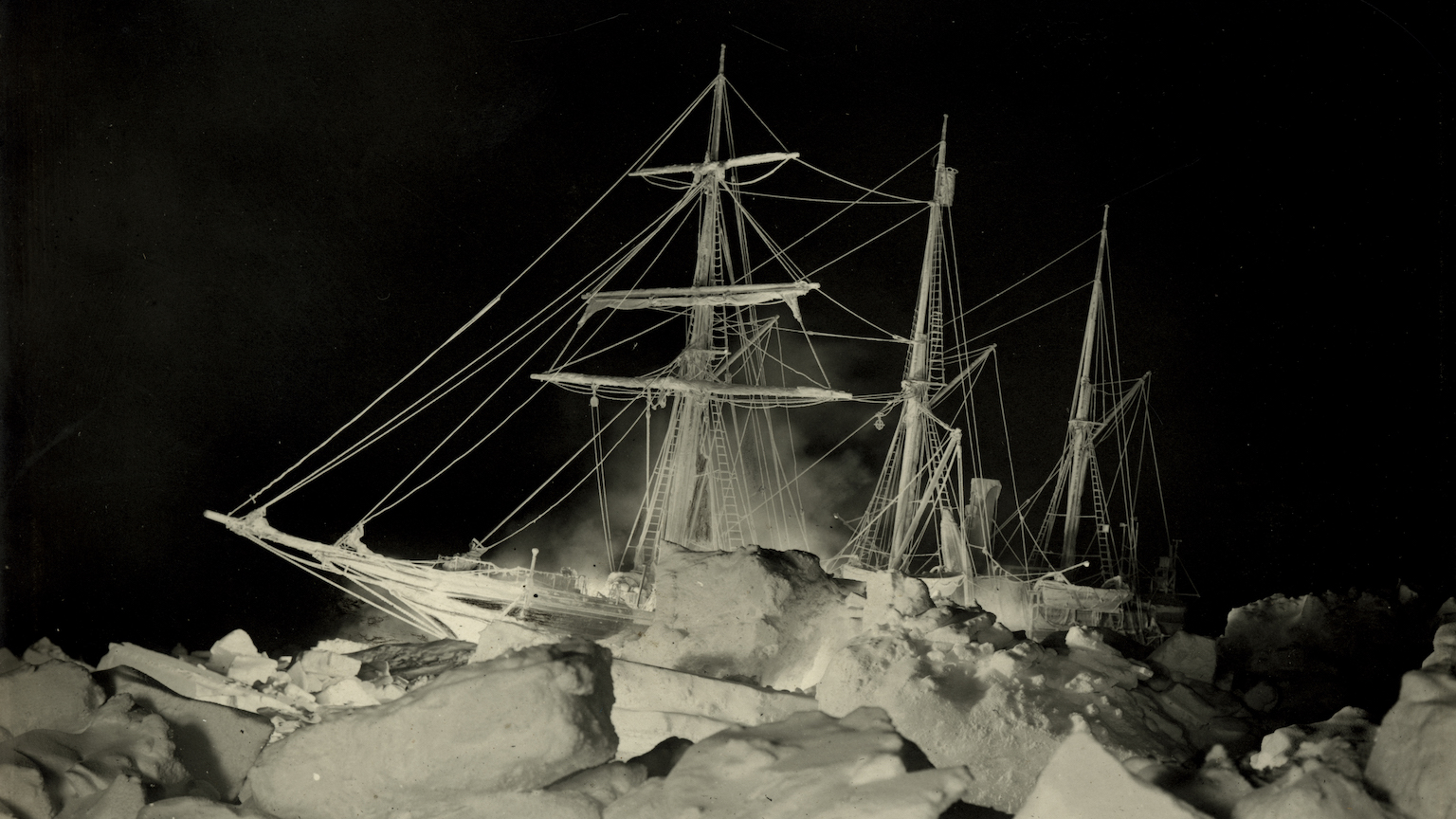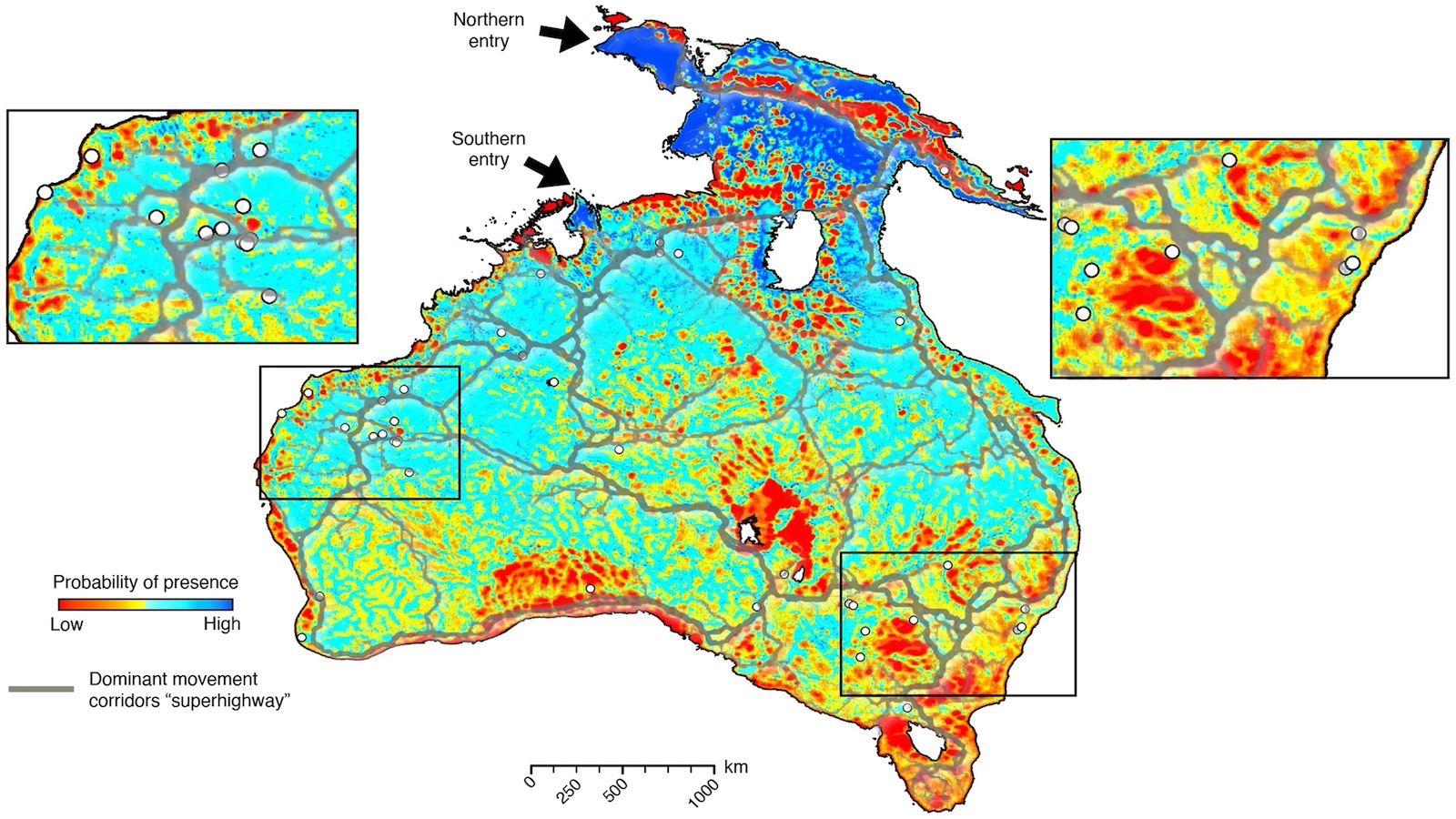Mercury, Venus, and Mars are all uni-plate planets, and may always have been. Here’s what’s known about why Earth, uniquely, has plate tectonics.
Search Results
You searched for: ice
The rewards price to get a free cup of hot coffee at Starbucks is going up.
A long view of biological survival might point us to new possibilities for finding life elsewhere in the Universe.
Although human beings arrived on Earth just ~300,000 years ago, we’ve transformed the entire planet completely. Here’s how we did it.
Our thermodynamic arrow of time explains why the entropy of any isolated system always increases. But it can’t explain what we perceive.
Finding this missing piece of water’s path through the universe offers clues to how it came to be on Earth.
A floating platform the size of Rome collapsed off of Antarctica.
13.8 columnist Marcelo Gleiser reflects on his recent voyage to Earth’s last wild continent.
Scientists are working to map out the risks of the permafrost thaw, which could expose millions of people to the invisible cancer-causing gas.
The number of planets that could support life may be far greater than previously thought, a recent discovery suggests.
“Not my circus, not my monkeys.”
A new technique that can automatically classify phases of physical systems could help scientists investigate novel materials.
Some microbes can withstand Earth’s most inhospitable corners, hinting that life may be able to survive similarly extreme conditions on other worlds.
Europa may be difficult to access. But if a recent study is correct, its subsurface ocean would be more accessible than previously thought.
As Uranus approaches its solstice, its polar caps, rings, and moons come into their best focus ever under JWST’s watchful eye. See it now!
On Earth, microbial growth is common in lava tubes no matter the location and climate, whether it’s ice-volcano interactions in Iceland or hot, sand-floored lava tubes in Saudi Arabia.
Back in 1990, we hadn’t discovered a single planet outside of our Solar System. Here are 10 facts that would’ve surprised every astronomer.
If dogs are out in coats and boots, how are the squirrels feeling?
On Nov. 13, 1946, a scientist dropped crushed dry ice from a plane into supercooled stratus clouds.
The “Clovis First” hypothesis for human settlement of North and South America has just been debunked. Where do we go from here?
The salinity of the oceans is not just a matter of taste. Saltier water behaves differently, too.
A great many cosmic puzzles still remain unsolved. By embracing a broad and varied approach, particle physics heads toward a bright future.
We have long thought that Pluto was completely frozen solid, but the discovery of cryovolcanoes challenges that assumption.
What kind of object will you form? What will its fate be? How long will a star live? Almost everything is determined by mass alone.
In the infant Universe, particle physics reigned supreme.
The Earth that exists today wasn’t formed simultaneously with the Sun and the other planets. In some ways, we’re quite a latecomer.
A famous explorer’s doomed ship is finally found 107 years after it was lost to the Antarctic deep.
We are about to learn a lot more about the most elusive of cosmic particles.
A new method of mapping migration factors in erratic movements and changing climate.
